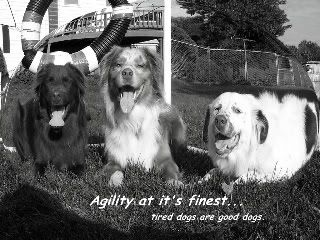vegertarian,lol
She wont eat ham, tuna, beef, chicken, sausage, bacon, salmon nothing (all of the finest quality).
She will eat bread, dried ferret complete, cat biscuit.
Wierd huh?
I will tempt her with cat meat just to see if she will like it as a treat.
Its hard because i want her to have a varied diet but if she wont then its hard.
Ky and Rio
PS any Ferret owners who have an IRRISTABLE treat i can give please spill







 Reply With Quote
Reply With Quote


Bookmarks